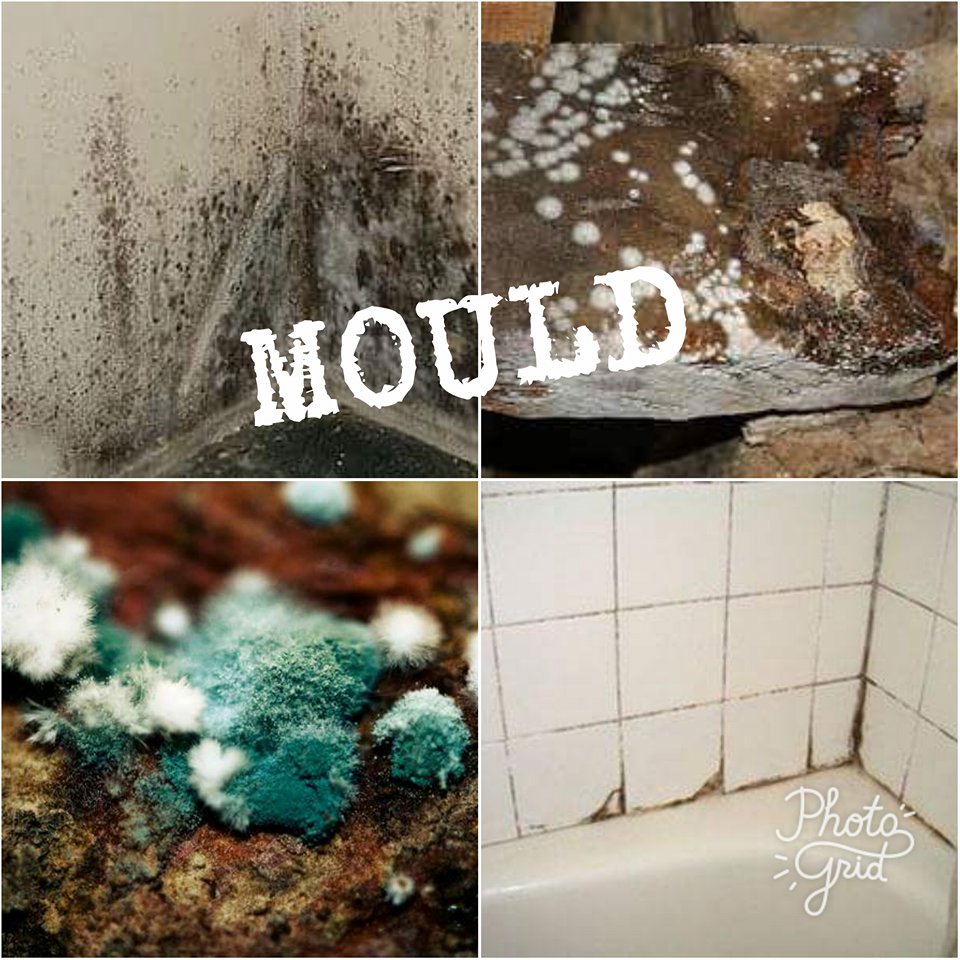
As a part of our continuing professional development (CPD) Neil recently attended a seminar on Mould, yes ugly dirty smelly old mould. The seminar was taken by Dr Wesley Black a Microbiologist, Mould and Building Consultant – in other words a MOULD expert. He founded Biotopia Environmental Assessment, who specialise in inspecting and assessing indoor environments for the presence of mould, moisture and bacteria/sewage. The seminar was immensely interesting as Dr Black provided some very insightful information on what mould is, its dangers and some common misconceptions.
Some interesting facts about mould you might not know –
* Mould is NOT only black, it can be various colours including white, green and blue
* Mould is NOT always visible – it can be airborne (mould spores) or hidden in places like wall cavities, ceilings and under floors. So not “seeing” mould is not enough to declare a building mould-free
* Mould ONLY grows in damp or very humid places that lack ventilation.
* Mould spores can remain viable for many months or years
* Mould can weaken timber
* Not just anyone can treat mould – a mould remediator with specialised equipment is required to have mould removed
* Spraying ‘good’ disinfectant is NOT enough to clear mould
* Dark mould on windows indicates high humidity in the whole building
* A clearance certificate from a mould expert is required to declare a building/house safe from mould
* People can become extremely allergic to mould from exposure to severe mould in their home or work environment. Symptoms can include coughing, wheezing, sneezing, sore eyes, nose and throat, rashes, feeling unwell and tired, and reactivation of other illnesses such as asthma or inflammatory conditions.
If you have evidence of mould or suspect the presence of mould, remember to consult a specialist in the field.
Comments (0)